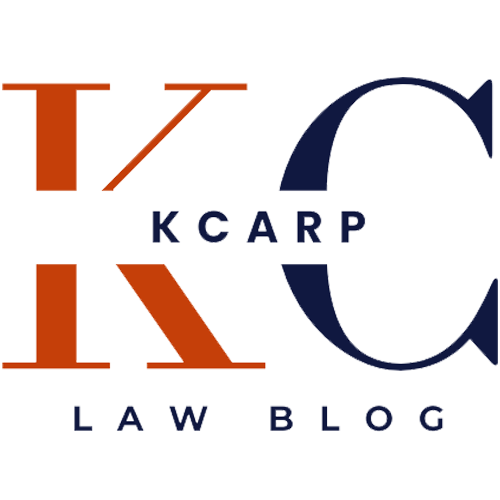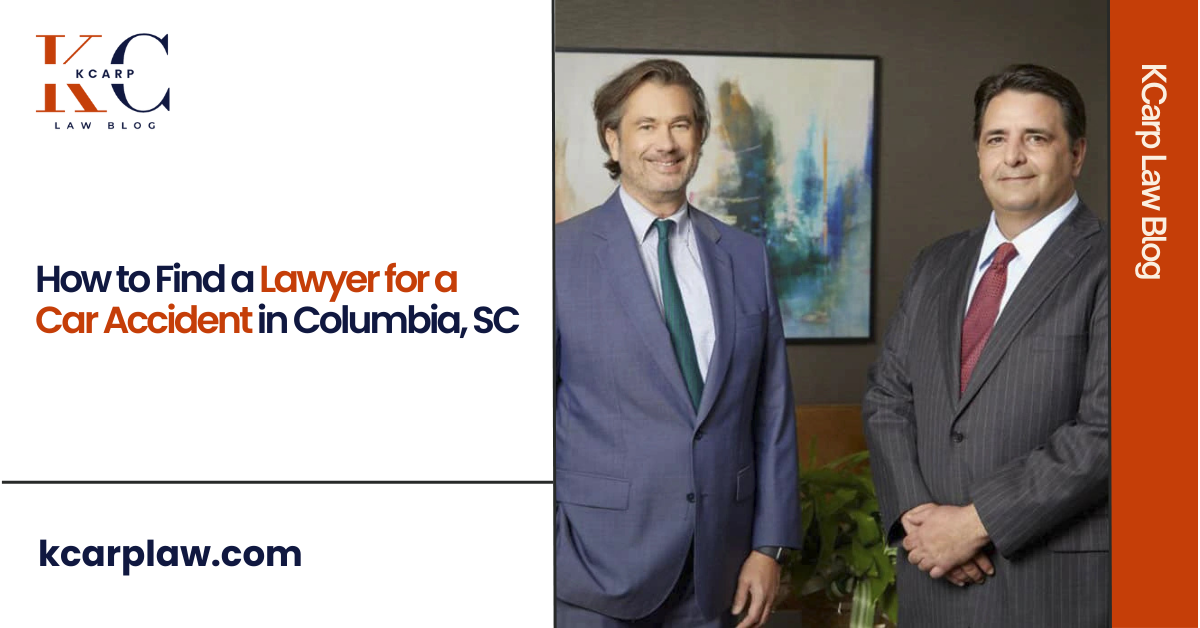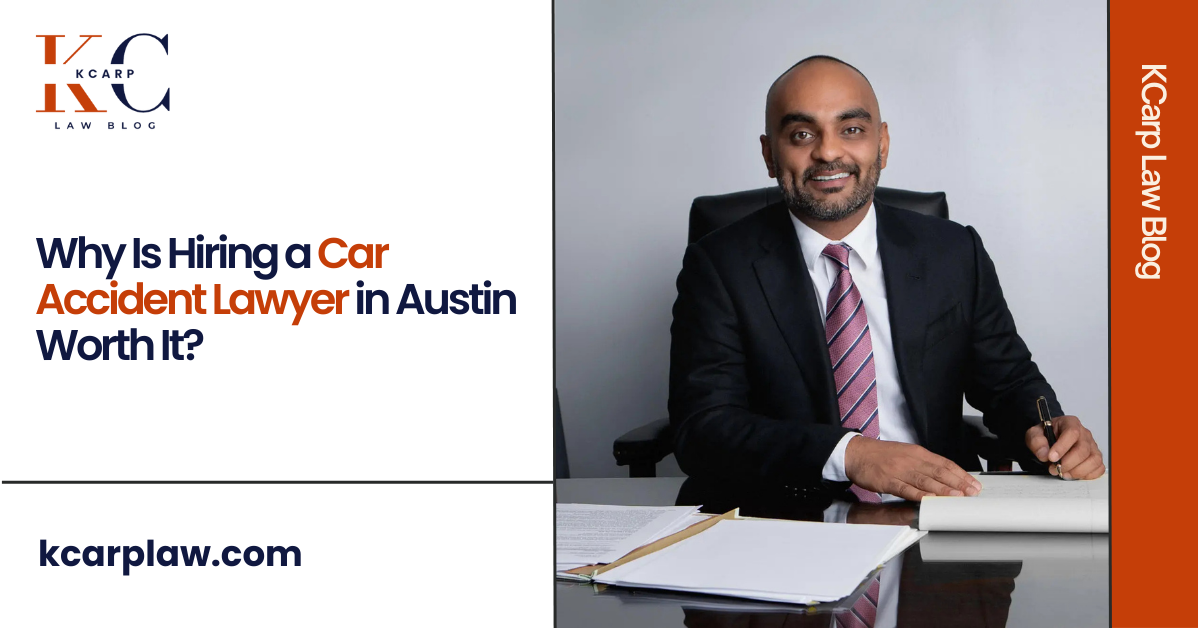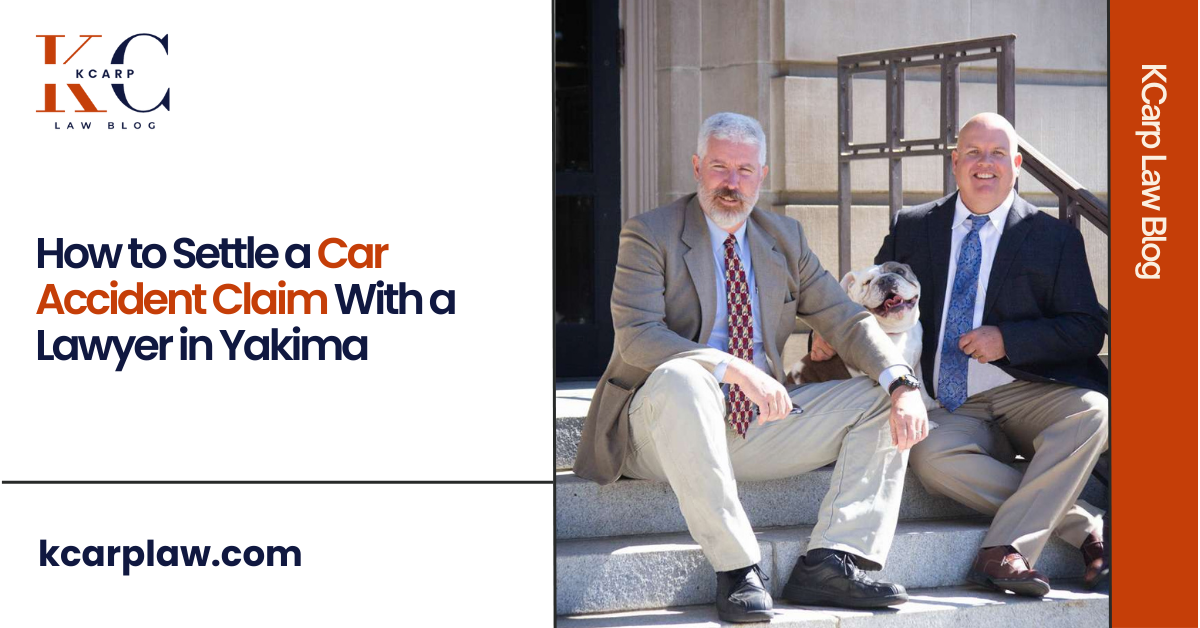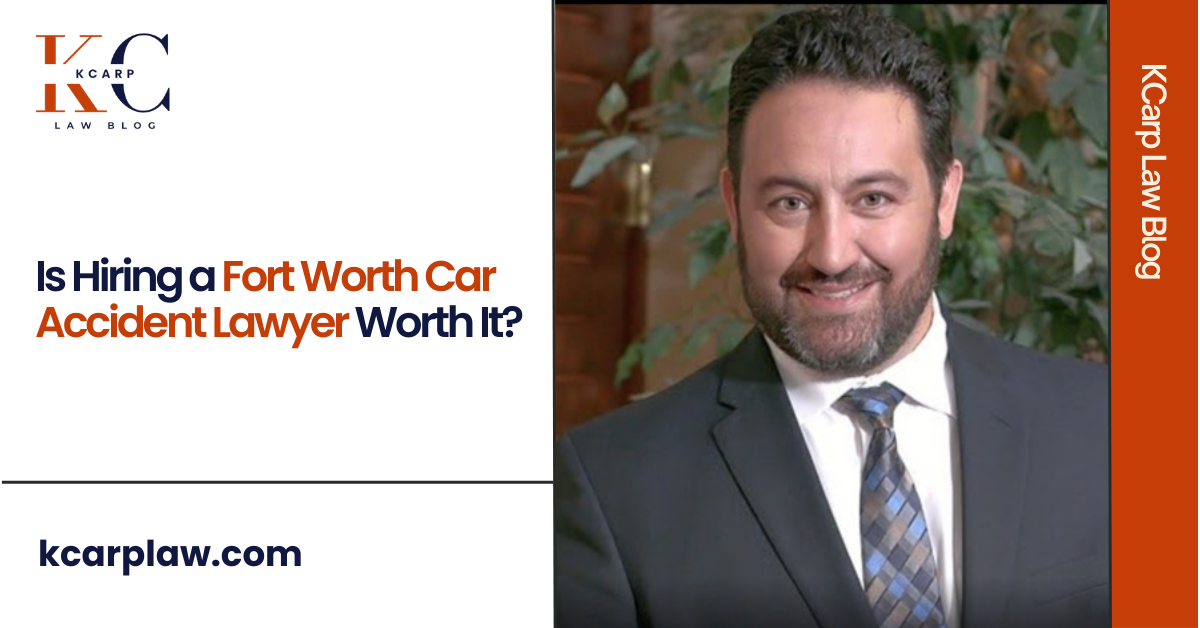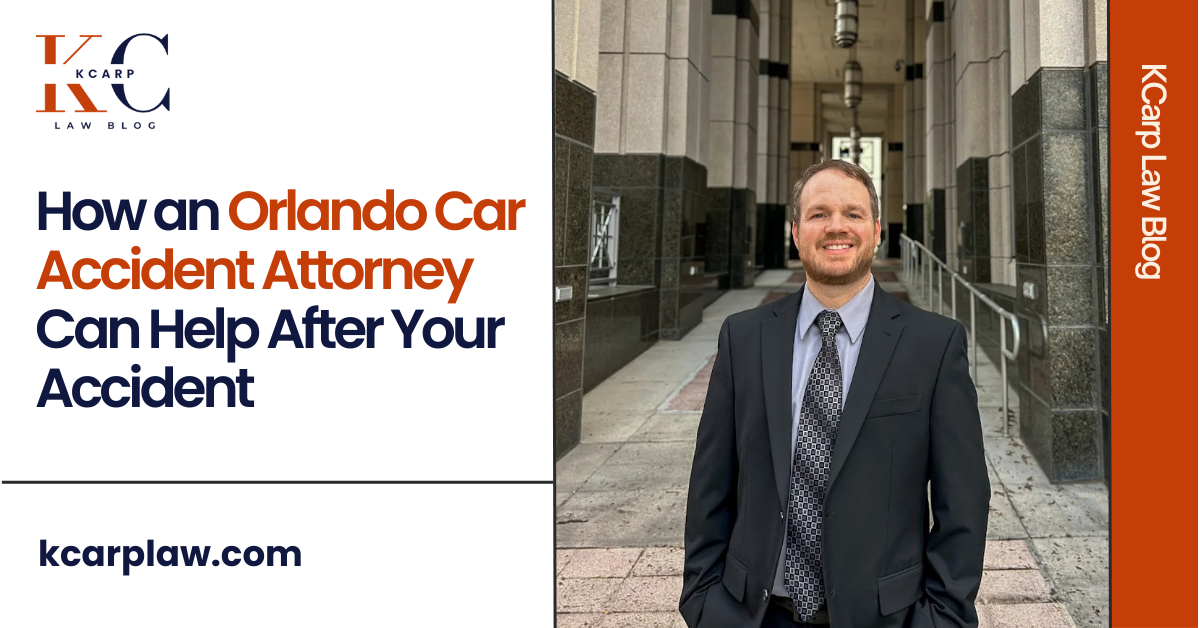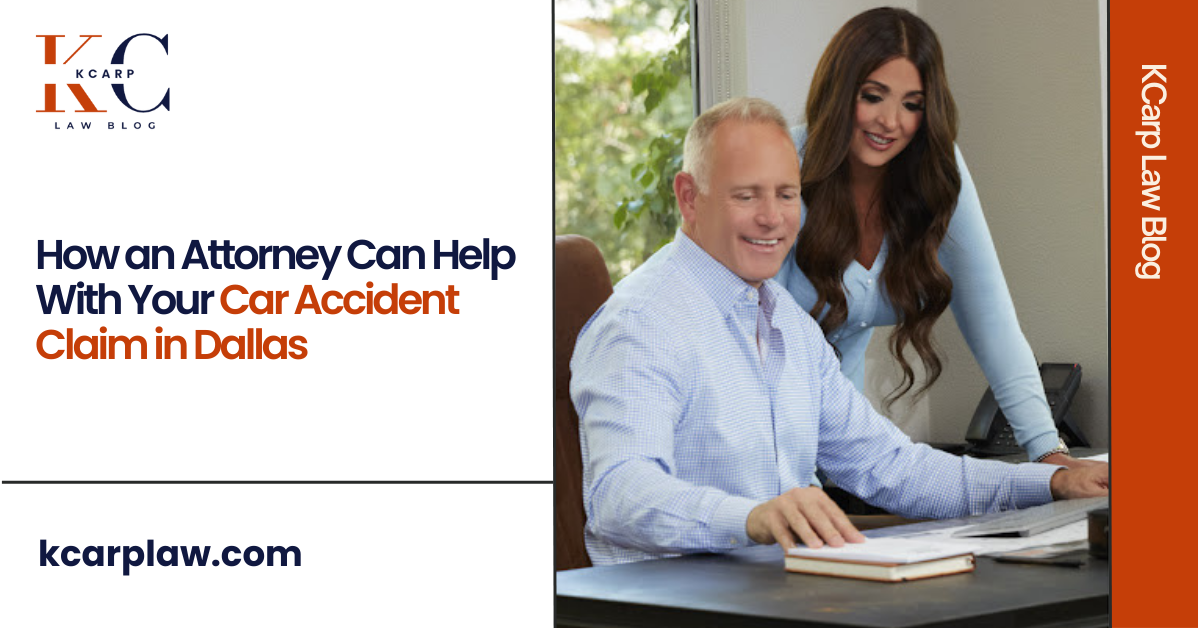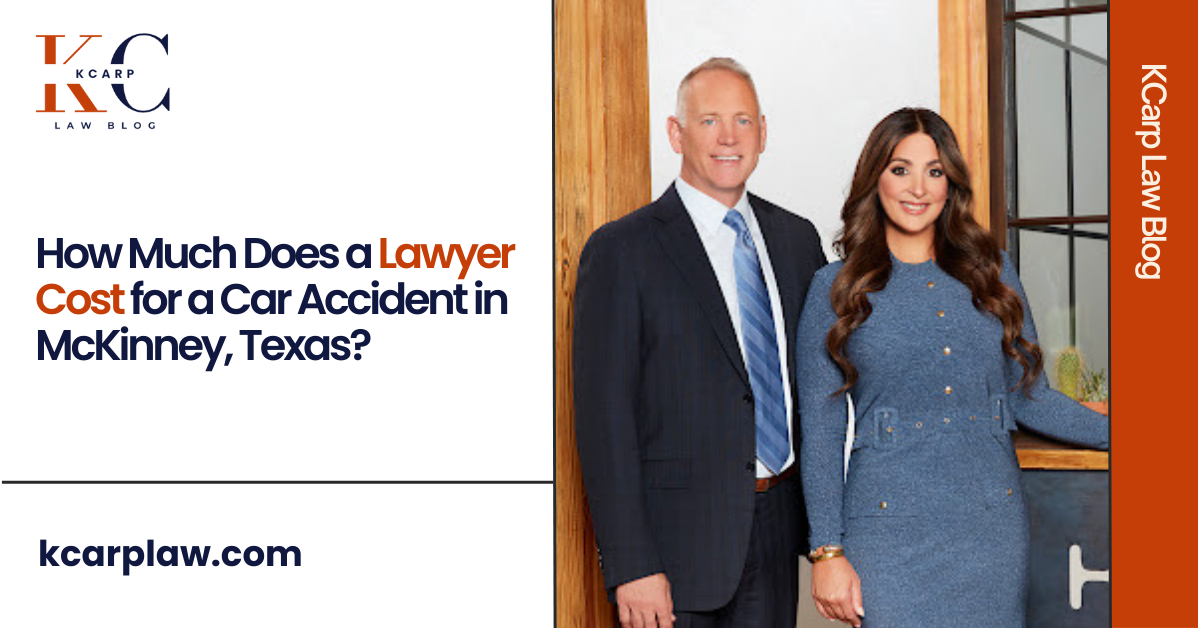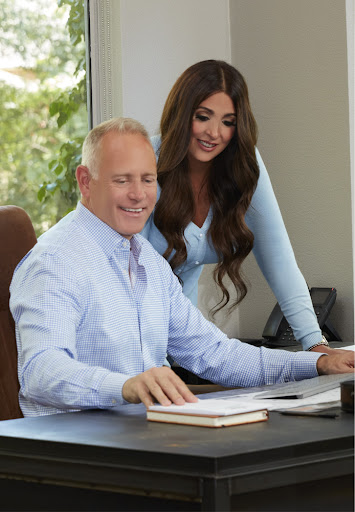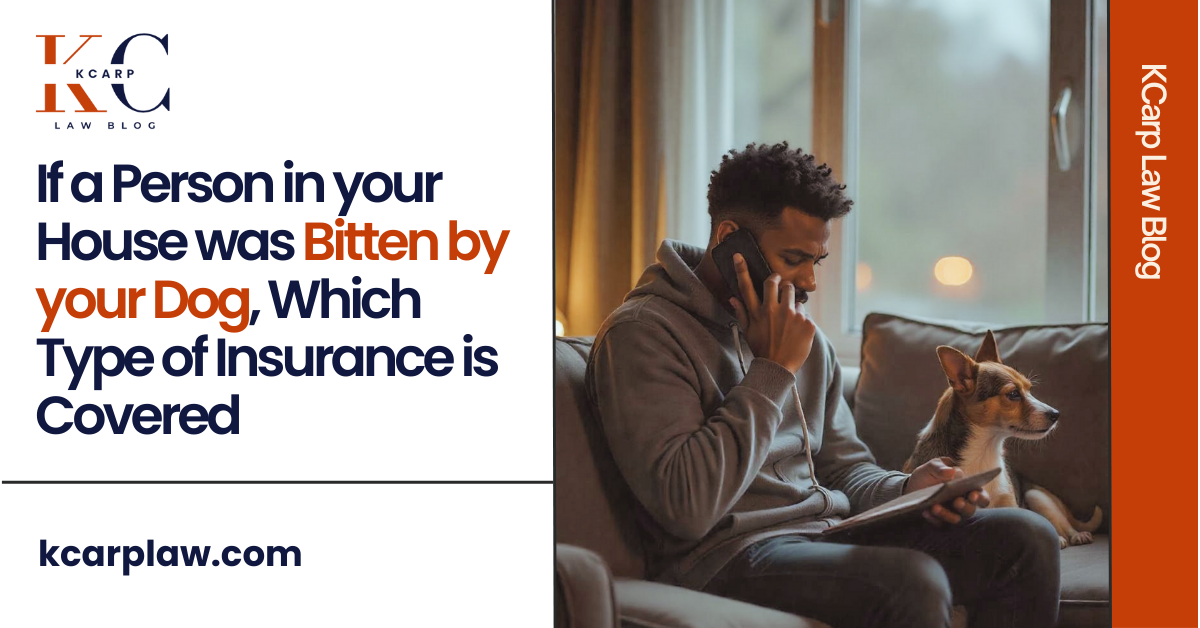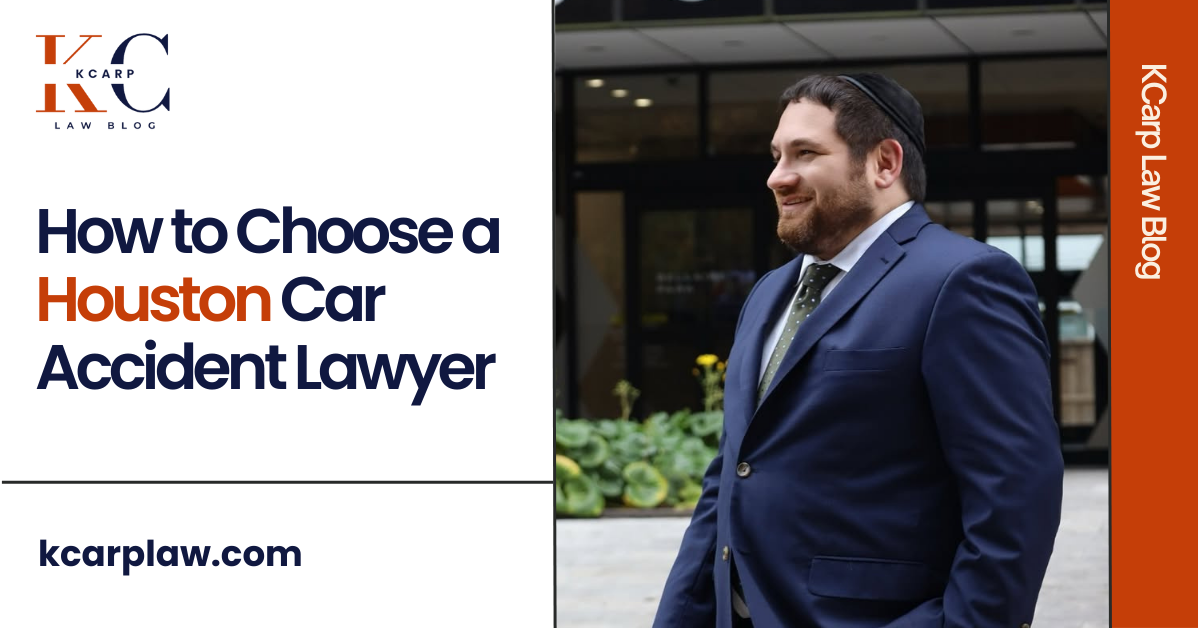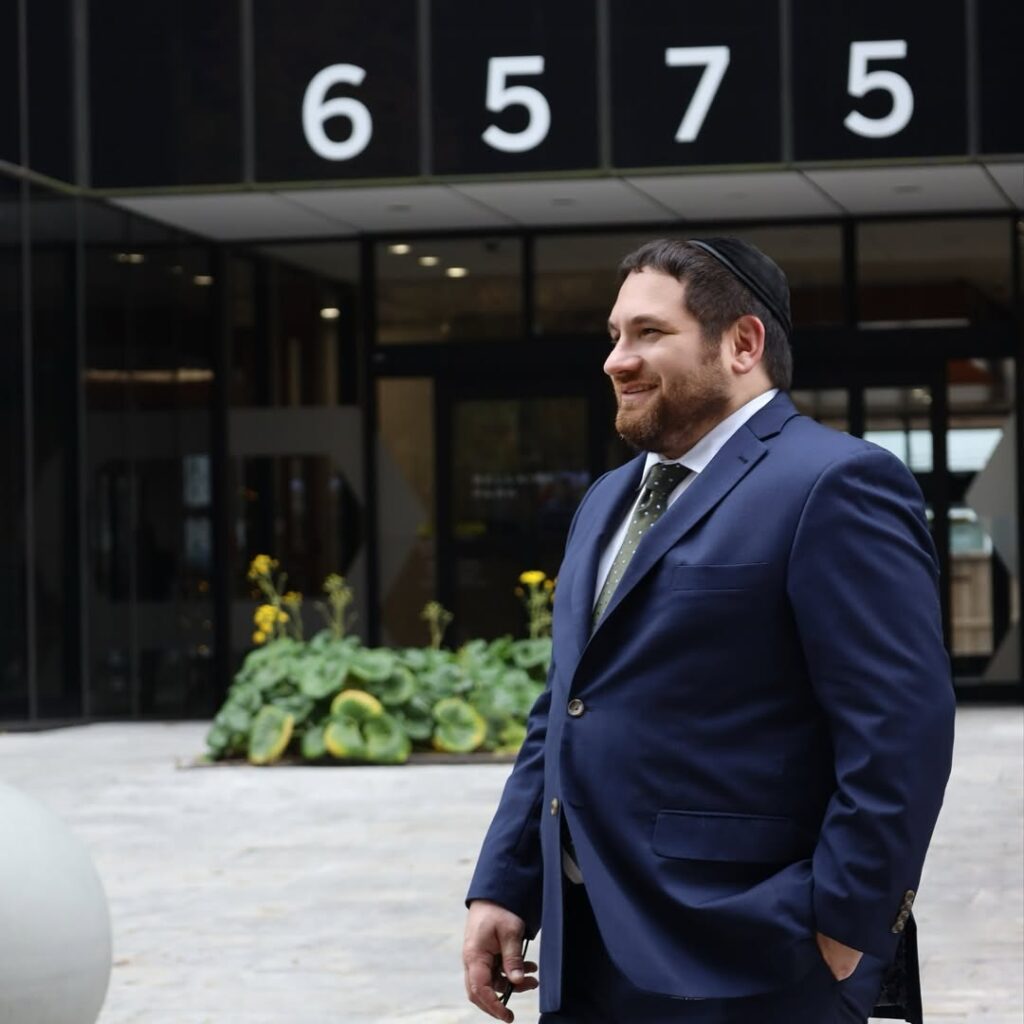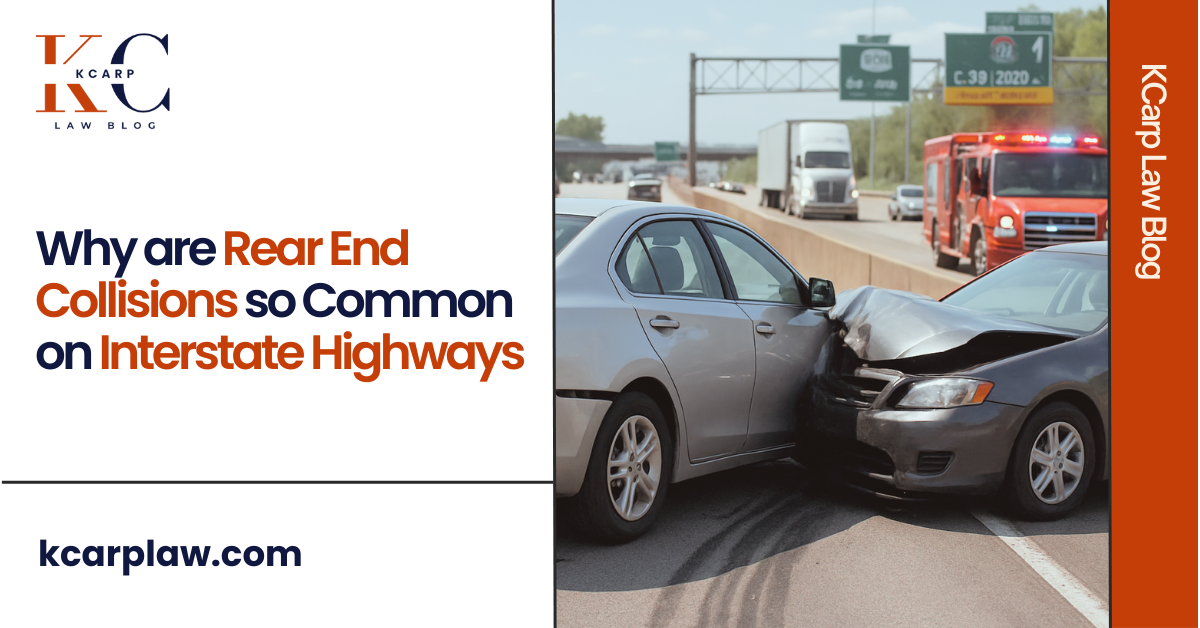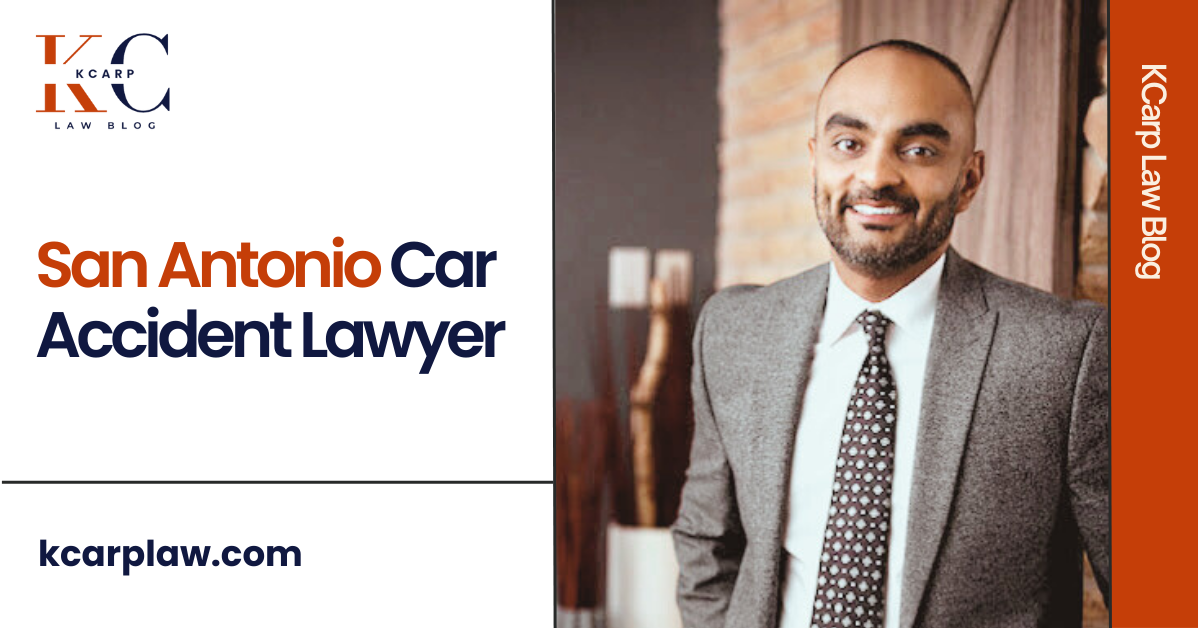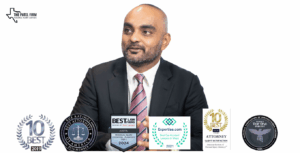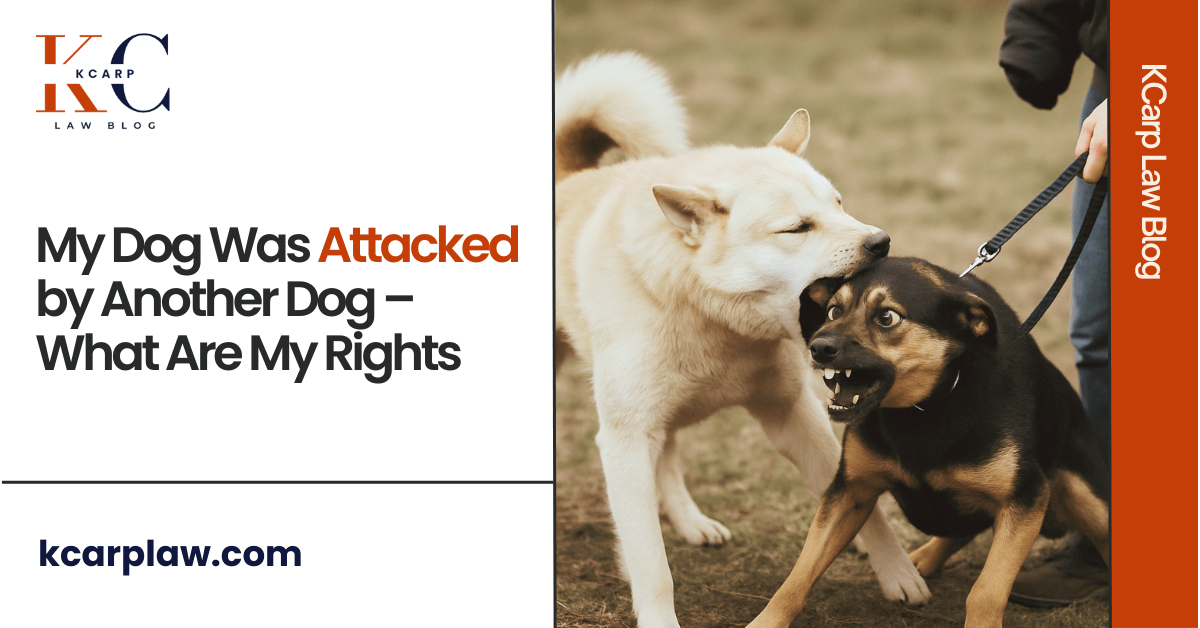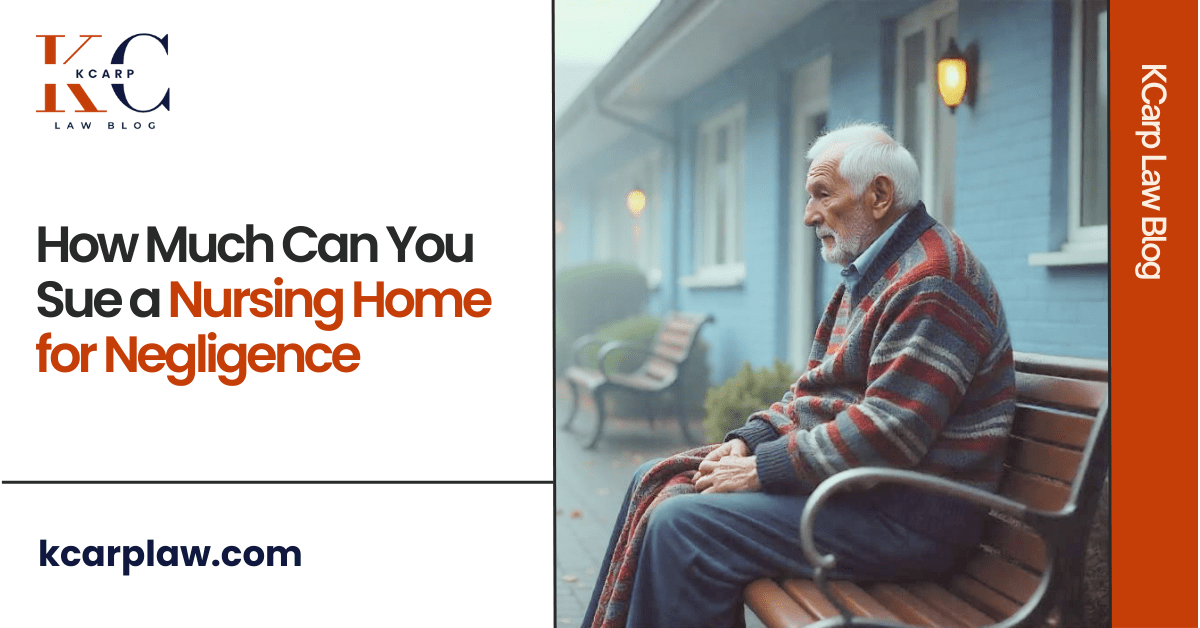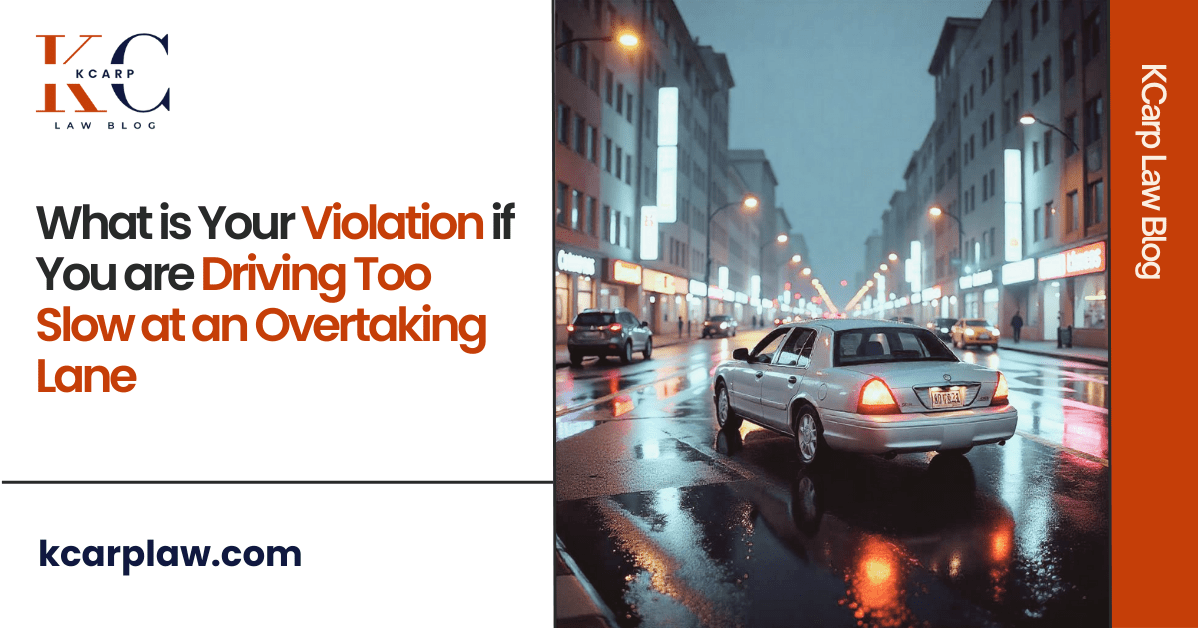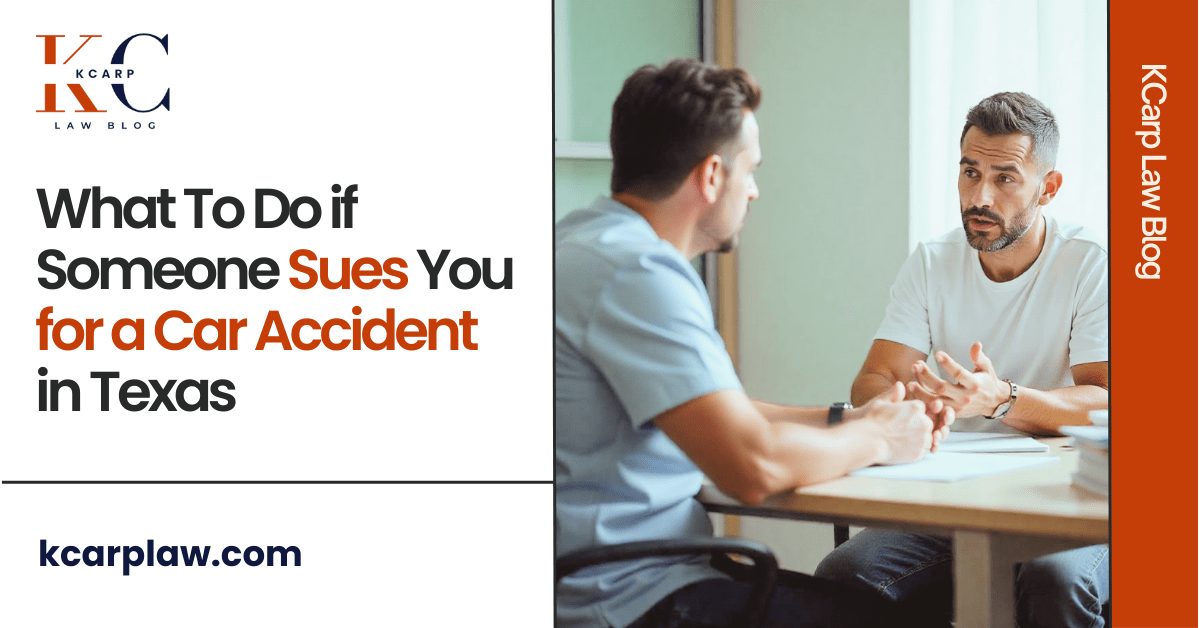Finding the right attorney after a serious car accident in Columbia, South Carolina can feel overwhelming. You might be dealing with medical bills, anxious phone calls from insurance adjusters, and stress over your future. This page aims to offer clear guidance on how to locate a capable, caring Columbia car accident lawyer who will help protect your rights and pursue fair compensation.
We’ll outline the frequency of crashes in the region, why hiring an attorney matters, which qualities to look for, and the most common questions to ask. Our goal is to give you a concise overview of what the process involves—and why working with a knowledgeable car accident attorney in Columbia could make all the difference in your recovery.
How Common Are Car Accidents in Columbia, SC?
Car accidents happen all too frequently in Columbia and the greater Midlands region. Richland County, where Columbia is located, routinely ranks among the top counties in South Carolina for collisions. In 2022 alone, Richland County recorded around 2,868 injury-causing crashes, which was the third highest in the state. That same year, there were 65 fatal collisions in Richland County—also one of the highest totals statewide.
High-traffic interstates like I-20, I-26, and I-77 contribute to the risk, especially near the I-20/I-26 interchange known by locals as “Malfunction Junction.” Major surface roads such as Broad River Road, Two Notch Road, Harden Street, Farrow Road, and Hard Scrabble Road also see a high volume of collisions. This daily reality underscores why it’s so crucial for anyone injured in a wreck to seek professional legal support. The roads can be dangerous, and you need an advocate who understands local conditions if you’ve been hurt.
Why Do I Need a Car Accident Lawyer in Columbia, SC?
Some people wonder if they really need an attorney or if handling a claim alone is sufficient. The truth is that insurance companies have their own teams of adjusters and lawyers whose primary goal is to minimize payouts. Even when another driver’s fault seems obvious, their insurer may still undervalue or dispute your claim, leaving you vulnerable if you don’t have legal guidance.
A skilled Columbia car accident attorney—like Attorneys Robert Rikard and Peter Protopapas—levels the playing field. By gathering evidence, negotiating aggressively, and advising you on South Carolina’s laws, the Columbia car accident attorneys at Rikard & Protopapas can help secure the compensation you deserve. Most importantly, they can protect your best interests while you focus on healing. Having a trusted legal advocate is often the deciding factor between a fair settlement and accepting far less than your case is worth.
How Can I Find the Best Car Accident Attorney in Columbia, SC?
Finding an attorney may seem daunting, but a few simple steps can help you locate a qualified professional:
- Ask for Personal Referrals: Start by reaching out to friends or family who have worked with a Columbia car accident lawyer. First-hand testimonials can guide you to attorneys known for both compassion and results.
- Search Online: Use search engines and local lawyer directories to identify personal injury attorneys in Columbia. Look for positive client reviews and accessible information about their practice. Many credible lawyers, including the team at Rikard & Protopapas, make free resources available online to educate accident victims.
- Contact Bar or Referral Services: The South Carolina Bar can offer names of licensed injury attorneys. Sites that feature attorney ratings may also help you gauge a lawyer’s experience and reputation. High ratings or positive testimonials can be a sign of proven skill.
Once you have a short list, schedule free consultations. During that conversation, you’ll get a feel for the attorney’s approach, empathy, and knowledge. Since you’re essentially hiring someone to represent you, it’s important to select a Columbia car accident lawyer who makes you feel comfortable and heard.
What Should I Look for When Choosing a Car Accident Lawyer?
Not every lawyer is well suited for serious auto accident cases. Here are some key attributes to keep in mind:
- Experience in Car Accident and Injury Cases: An attorney who focuses on personal injury law, especially car wrecks, will be more familiar with the medical and legal aspects involved. Ask about their background and whether they’ve handled situations like yours (e.g., serious injuries, disputed liability).
- Track Record of Results: Find out if the lawyer has a history of successful verdicts and settlements. Although every case differs, past results often suggest the attorney knows how to pursue maximum compensation.
- Trial Experience and Reputation: Most claims settle, but you’ll want an attorney who can fight in court if needed. Confirm they have trial experience and solid standing among peers and clients.
- Local Knowledge: A Columbia-based lawyer understands local courts, judges, and regional traffic trends. Familiarity with Richland County procedures and officials can give you a strategic advantage.
- Communication and Compassion: Choose someone who listens carefully, responds promptly, and genuinely cares about your well-being. The best legal counsel prioritizes open communication and personal attention.
- Resources and Dedication: Complex accident claims may require experts, accident reconstruction, or litigation against large insurers. Ensure your attorney has the staff and budget to investigate thoroughly. Meanwhile, they should treat you like a valued client, not just another case number.
During your consultation, don’t hesitate to ask how much of their practice is dedicated to auto accidents and if they’ve handled cases with injuries or circumstances like yours. Confident attorneys will explain their methods and experiences clearly, allowing you to judge if they’re the right match.
What Questions Should I Ask a Car Accident Lawyer Before Hiring?
A consultation is the perfect time to evaluate a prospective lawyer. Consider asking:
- Do you think I have a strong case? An honest attorney should identify both strengths and possible challenges.
- How many car accident cases have you handled, and do you have experience with situations like mine? This reveals whether they’re equipped for your specific type of claim.
- What results have you obtained in comparable cases? Past successes don’t guarantee future results, but they can show proven ability.
- Will you personally handle my case? Some firms assign junior staff to do most of the work, so clarify who will be your point of contact.
- How will you keep me informed? Open communication—by phone, email, or in-person updates—is crucial.
- What are your fees, and are they contingency-based? Make sure you understand the cost structure before proceeding.
- How long might my case take to resolve? The lawyer can offer insights on what to expect for your specific circumstances.
- What do you think my case is potentially worth? No one can give an exact figure early on, but they can discuss the general range of damages.
- Why should I choose you? This allows them to highlight what sets them apart.
Take notes and compare answers afterward. You want a Columbia car accident attorney who’s knowledgeable, trustworthy, and empathetic.
When Should I Hire an Attorney After a Car Accident?
It’s generally wise to speak with a lawyer as soon as possible. Evidence, such as vehicle damage and witness recollections, can fade quickly. By involving an attorney early, you give them a better chance to preserve valuable proof and begin building your case.
South Carolina law provides time before filing a lawsuit, but waiting too long is risky. Insurance companies often try to get quick statements or settlements before you fully know the extent of your injuries. If an adjuster calls soon after the accident, you can direct them to your lawyer instead of giving a recorded statement. Having an attorney means you have someone focused on your best interests right from the start.
In practical terms, prompt engagement also relieves you of dealing with countless phone calls and paperwork. That allows you to spend your time healing. Many attorneys, including Attorneys Robert Rikard and Peter Protopapas, offer free consultations and can even come to you if travel is difficult.
What Should I Do After a Car Accident in Columbia, SC?
Your actions immediately following a crash can affect both your health and your potential claim. Consider these steps:
- Prioritize Safety and Health: If anyone is hurt, call 911. Seek medical help and move vehicles out of traffic if you can do so safely. Never leave the scene until law enforcement says it’s fine to go.
- Call the Police: An officer will typically arrive, document the crash, and write an official report. Answer questions truthfully but don’t admit fault—there may be details (like the other driver’s speeding) you aren’t aware of.
- Gather Evidence (If Possible): Exchange contact and insurance info with the other driver. Photograph vehicle damage, debris, and road conditions. If you are severely injured and can’t gather evidence yourself, your attorney can often track down photos and witness statements later.
- Seek Medical Attention Promptly: Even if you feel okay, see a doctor soon. Car accident injuries like whiplash or internal damage may not appear right away. Telling your doctor you were in a crash also ensures your medical records will connect injuries to the accident.
- Notify Your Insurance Company: You do need to report the accident to your own insurer promptly, but keep your statement factual and brief. Never give a recorded statement to the other driver’s insurer without first consulting a lawyer.
- Document Everything: Keep copies of the police report, medical bills, repair estimates, rental car receipts, and any related communications. Also jot down a personal account of how the crash happened, while it’s still fresh.
- Consult a Car Accident Lawyer: A Columbia car accident attorney can review your situation and handle negotiations with insurers. This guidance can prevent you from settling too quickly and missing out on the compensation you need, especially if injuries worsen.
Following these steps safeguards both your well-being and your legal options. If you have questions about how to handle any part of this process, contacting the Columbia car accident attorneys at Rikard & Protopapas is an excellent place to start.
How Much Does a Car Accident Lawyer Cost in South Carolina?
Many injured people worry about the expense of hiring a lawyer. Fortunately, most reputable Columbia car accident attorneys work on a contingency fee basis. This means you pay nothing upfront and owe no hourly fees. The lawyer is only paid from the final settlement or verdict—if you don’t recover, you owe no attorney fee.
At Rikard & Protopapas, for example, Attorneys Robert Rikard and Peter Protopapas do not charge any fees unless they win compensation for you. This model allows everyone, regardless of financial situation, to access high-quality legal help. During an initial consultation, they’ll explain their fee percentage and discuss any case-related expenses. There are no hidden costs—transparency is paramount.
How Long Do I Have to File a Car Accident Claim in South Carolina?
South Carolina law gives you three years from the date of most car accidents to file a lawsuit against the at-fault driver. If a government vehicle or employee is involved, however, you could face a shorter two-year deadline. Missing these deadlines generally bars you from recovering anything, so time is of the essence.
While technically you have up to three years, it’s wise to speak with an attorney well in advance. Investigating, building evidence, and negotiating a settlement all require time. Waiting until the last minute can compromise your case. The Columbia car accident attorneys at Rikard & Protopapas will ensure all documents are filed on time, so your right to pursue compensation is preserved.
What If I Was Partially at Fault for the Accident?
South Carolina follows a modified comparative negligence rule. That means if you are found less than 51% at fault, you can still recover damages—though your compensation will be reduced by your share of fault. For example, if you’re 20% to blame and your total damages are $100,000, you may still recover $80,000.
Insurance companies sometimes try to assign more fault to victims than is justified, hoping to reduce or deny a payout. If you suspect they’re blaming you unfairly, talk to an experienced Columbia car accident lawyer right away. Attorneys like Robert Rikard and Peter Protopapas can investigate the facts, challenge disproportionate fault claims, and work to maximize what you receive.
What Compensation Can I Recover for a Car Accident?
If another driver’s negligence caused your injuries, South Carolina law allows you to seek damages to make you whole. Depending on your case, you may recover:
- Medical Expenses: This includes all necessary treatments—ER visits, surgery, follow-up doctor appointments, rehab, and any future medical care you’ll require.
- Lost Income: Wages lost while you’re out of work, as well as diminished earning capacity if your injuries impact your long-term employment.
- Property Damage: The cost to repair or replace your car and any other damaged personal property.
- Pain and Suffering: Compensation for the physical anguish and challenges caused by your injuries.
- Emotional Distress: Anxiety, depression, PTSD, or other mental health impacts are recognized as damages in many cases.
- Loss of Quality of Life: If you can no longer participate in favorite activities or maintain the same lifestyle, that’s a real loss.
- Scarring or Disfigurement: Visible injuries can merit a separate category of damages.
- Loss of Consortium: Serious accidents can strain marital relationships, and your spouse may be entitled to separate damages for that loss.
- Punitive Damages: Awarded in especially egregious scenarios, like if a driver was recklessly drunk or exhibited extreme misconduct.
Each situation is unique, so the exact compensation varies. The Columbia car accident attorneys at Rikard & Protopapas will work to document all your losses—both economic and non-economic. They investigate every possible insurance policy (including underinsured or uninsured motorist coverage) to ensure you get the fullest recovery possible.
How Long Will My Car Accident Case Take to Settle?
Every case is different, so there’s no universal timeline. A straightforward claim with minor injuries might settle within a few weeks or months. More complex cases—such as those involving severe injuries, disputes over liability, or multiple defendants—can take longer. Trial can extend the process further, sometimes a year or more.
Some factors influencing the timeline include:
- Severity of Injuries: It’s generally best to wait until you’ve reached maximum medical improvement before finalizing a settlement.
- Liability Questions: If fault is contested, more investigation or accident reconstruction may be needed.
- Insurance Company Cooperation: Negotiations can be lengthy if the insurer refuses to offer a fair amount. Filing a lawsuit becomes necessary in some cases.
- Court Schedules: If your claim proceeds to litigation, the court’s docket and scheduling also play a role.
Though patience can be challenging, rushing a settlement can lead to insufficient compensation if your injuries worsen or you discover future medical needs. A dedicated attorney will keep you updated throughout the process and advise you on the right time to settle or file suit.
Why Choose Rikard & Protopapas, LLC as Your Columbia Car Accident Lawyers?
With many attorneys advertising in Columbia, you might wonder why the car accident attorneys at Rikard & Protopapas stand out. Here are a few reasons:
- Experience & Proven Results: Attorneys Robert Rikard and Peter Protopapas have decades of combined experience and a strong track record in personal injury cases. They have secured notable settlements and verdicts in both straightforward and highly complex matters.
- Client-Focused Approach: At Rikard & Protopapas, you’re treated like a person, not a file. They take the time to understand your injuries, listen to your story, and offer genuine compassion. You can expect regular updates, clear explanations, and an accessible team ready to answer your questions.
- Local Roots & Reputation: Their office is located at 2110 N Beltline Blvd, Columbia, SC 29204—right in the heart of the community. They know the local roads, the Richland County court system, and the defense attorneys who often represent insurance companies. That knowledge can be invaluable.
- No Fee Unless We Win: They operate on a contingency basis. If they don’t recover compensation for you, you owe nothing. Your financial situation should never block access to justice.
- Personal Attention: Unlike larger, high-volume firms, Rikard & Protopapas handle a more focused caseload so they can devote time to each client. You’ll know exactly who’s working on your case—Attorneys Rikard, Protopapas, and their dedicated staff.
Choosing representation is a major decision. Look for honesty, experience, and the will to fight for you. The Columbia car accident attorneys at Rikard & Protopapas meet those criteria and are proud to stand up for injured clients throughout the region.
Ready to Speak with a Columbia Car Accident Lawyer?
If you or a loved one has been injured in a car accident in Columbia, you don’t have to navigate the aftermath on your own. Contact Rikard & Protopapas, LLC for a free consultation and learn how our team can protect your legal rights. We’ll listen to your concerns, explain your options, and get started on your case if you choose to work with us.
Call (803) 978-6111 any time or visit our Columbia office at 2110 N Beltline Blvd to schedule your consultation. We’re here to make sure you recover—physically, emotionally, and financially—by fighting for the compensation you deserve. Let Attorneys Robert Rikard and Peter Protopapas shoulder the legal burden, so you can focus on rebuilding your life with confidence.
